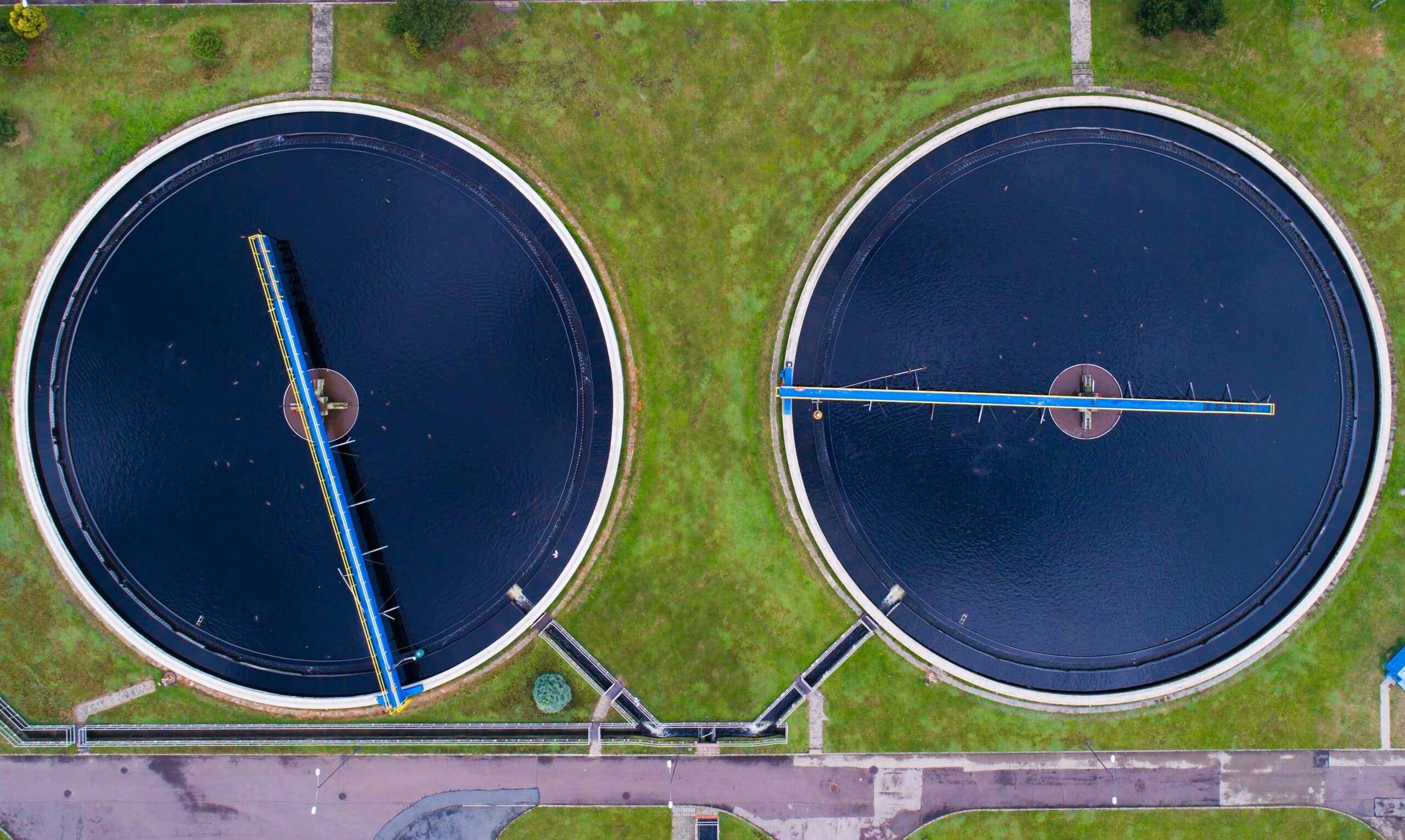As an international organization, we thrive on building new bridges and helping to create sustainable solutions and resilient communities by providing access to clean water. While augmenting the capacity of municipalities clean water, sanitation, and hygiene facilities, to respond to the current water-security.
Approximately 2.1 billion people around the world live in potentially water-scarce regions. Internationally, over 80% of the wastewater generated by society flows back into the environment without being treated or re-used – which has created a major conundrum for governments and communities as stated in the United Nations World Water Development Report. By 2050, the global water demand will have increased by 30%.
The problem for South Africa is the high volumes of water wastage due to leaks and sabotage. Some municipalities in South Africa lose around 60% of its potable water doe to leaks. To make a major impact, institutions, lenders and asset managers, have a significant role to play in the transition to a greener economy.
Financing businesses with robust infrastructure solutions, to reduce the environmental impact of inadequately treated water and to achieve the envisioned SDGs, while reducing emissions, can have a real and lasting longterm impact in the fight against climate change. Some of the big banks have adapted new climate sensitive policies, which target the higher emitting sectors, including inter alia, some declaring that they will not finance new coal-fired power plants and has also introduced exposure caps or reduction targets in higher emitting sectors.
While focusing on reducing emissions is important, financial institutions should also commit to mobilizing sustainable finance. Some of the leading banks and financial institutions have made public commitments to sustainable and green finance, making it the best time to go green. Committing to achieving net zero is extremely valuable, but where they have the most impact is in the assets or businesses they choose to finance or invest in.
eThekwini Municipality, implemented a pilot project to introduce the revolutionary MABR system, that is turning domestic wastewater into potable drinking water – the solution is built to aid and benefit the Northern Suburbs of Durban and is already exceeding exceptions.
We believe that by working together and building better public-private partnerships, we can make a big difference in the way water is managed and designed. MEB supplies innovative off-grid, solar-powered water and wastewater treatment solutions, coupled with bespoke co-financing options, to assist you with maximizing on your infrastructure needs.

